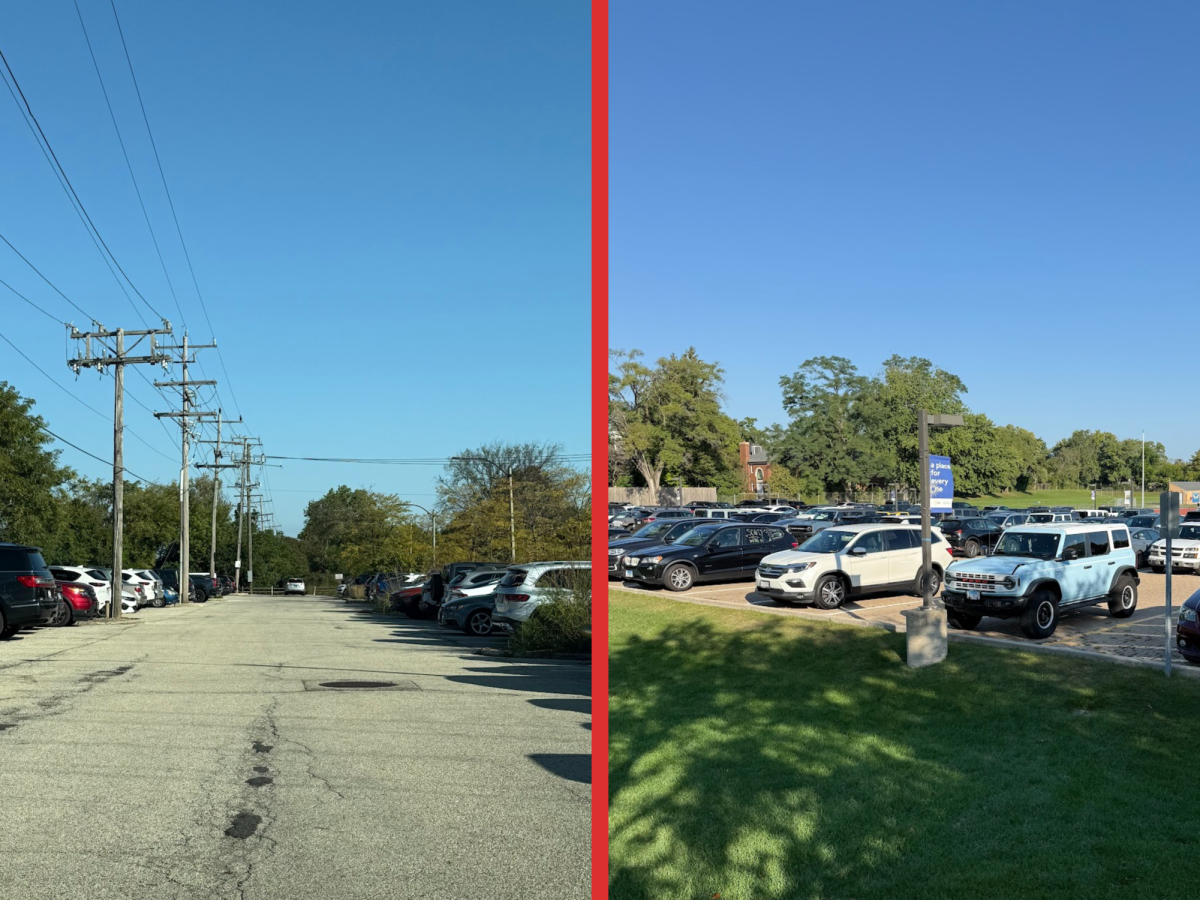On the first day of school, I was shocked when some of my teachers encouraged us to use ChatGPT to help answer questions, complete homework problems or study for tests.
Taking their advice, I found ChatGPT to be helpful to my learning experience. I prompted the computer to give me practice questions for upcoming tests or to explain the steps for a difficult physics problem. It’s been a great tool, but at what cost?
According to the Washington Post, using ChatGPT to generate a 100-word email just once requires 519 milliliters of water, a little bit over one bottle. Additionally, training GPT-3 is the same as producing 100 pounds of beef, nearly double the amount the average American consumes in a year.
This is due to the amount of energy it takes to train the robots, as well as the process of cooling its power when responding to a prompt.
Not all teachers at LFHS encourage the use of ChatGPT; it just depends on the class.
“I think I’m the only teacher in the math department who encourages students to practice using AI. I only encourage it in my advanced computer science classes because once you know the fundamentals, AI can really help you,” said Computer Science teacher Steve Aronson.
While most teachers recognize that AI is becoming a part of our future, whether they incorporate it into the classroom or not, other LFHS students feel worried about the environmental impact it has and the threat it poses on the future.
An active member of LFHS’ Environmental Club, senior Phoebe Twitchell is concerned that people are overlooking the environmental impacts of AI.
“It’s just so depressing because all of my teachers are telling me how AI is the future and how every aspect of our lives are going to be changed by it. To think that it’s going to be so detrimental to our environment and the world around us worries me. I worry for the students of the future if we are just paving the way to our own demise,” said Twitchell.
Many people aren’t aware of the environmental implications of using AI, and some even continue to use it despite knowing the concerns associated with the environment.
“Is it an issue that people will ever even care about? It’s so sad,” said Twitchell.
While AI is definitely becoming integrated in society, it is uncertain whether the environmental effects will decrease– and when.
“I think the environmental effects will lessen. It is a massive problem. Hopefully, in the future, technology will become better, but our world runs on computers so we can’t take that away. Maybe one day AI will figure out how to make itself more efficient once it takes over,” said Aronson.
Although different companies who use AI claim they are committed to sustainability and achieving lower carbon emissions, the statistics say otherwise. In Google’s most recent environmental report, data shows that carbon footprint emissions rose by 48% mainly due to AI and data centers.
Depending on the class and teacher, AI can be helpful to students’ learning and studying. But overall, the efficiency and time saved by using ChatGPT isn’t worth deteriorating the environment of our planet.









Jason Kowalski • Oct 22, 2024 at 2:57 pm
There is a reliable behavior pattern of how, if students start using a product for school, it becomes difficult – if not impossible – for them to switch to better alternatives once they graduate.
Schools teach people to use Adobe Suite products -> students are used to the Adobe suite, have difficulty adapting to alternatives -> Adobe gets reliable customer base from these students -> Adobe faces no consequences for predatory cancellation fees, software-subscription enshittification, and lack of Linux support.
Schools teach people to use Google’s G-Suite -> students are used to keeping everything in Google’s cloud -> students aren’t willing to switch to privacy-respecting alternatives.
Schools teach people to use GPT-style software -> students use LLMs without understanding the performance, environmental, ethical, or reliability costs -> students blindly insert “AI” fluff into problems with simpler, better solutions -> our companies obsess over a “solution” without a problem.